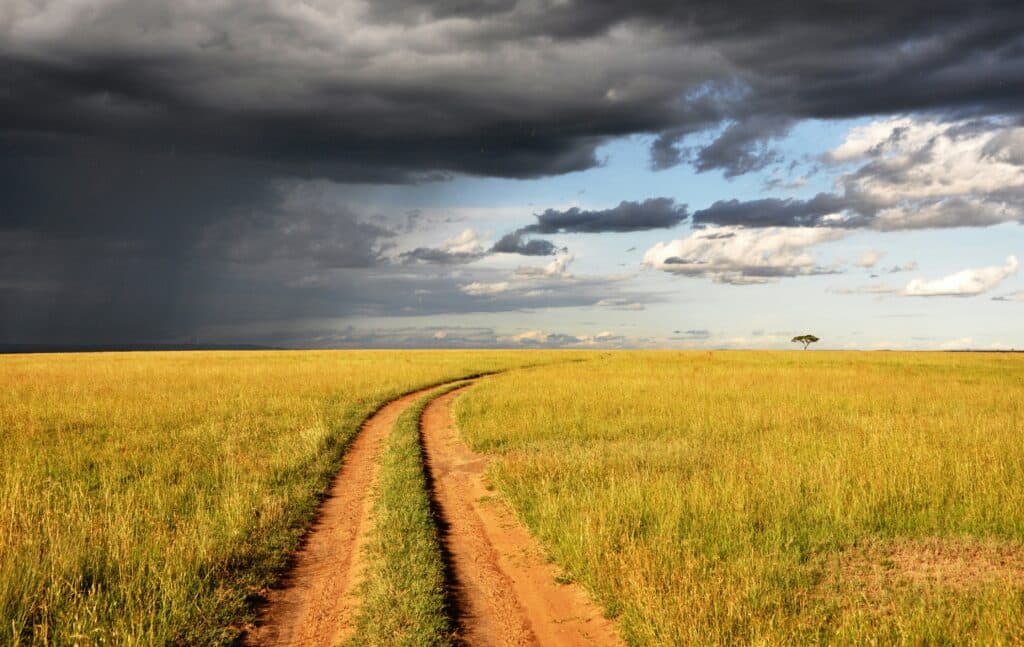
Avocats Sans Frontières (ASF) and the International Federation for Human Rights (FIDH) have released a new report exposing serious and persistent human rights violations linked to the operations of community conservancies in Isiolo County, northern Kenya. The report highlights a troubling pattern: while conservation initiatives flourish, the communities whose lands and livelihoods are most affected by their development remain without access to justice.
A Human Right Denied
Under the UN Guiding Principles on Business and Human Rights (UNGPs), both states and private actors have clear obligations to ensure that victims of abuse can seek and obtain justice. Yet, in Isiolo’s conservancies—many of which operate under the Northern Rangeland Trust (NRT)—the right to effective remedy remains largely out of reach for pastoralist communities. Given the Northern Rangeland Trust’s (NRT) business-oriented structure, corporate-style governance, and its leading role in managing the Northern Kenya Rangelands Carbon Project—a revenue-generating initiative from carbon credit sales—the UNGPs provide a relevant and necessary framework. NRT’s operations reflect those of a private enterprise, with obligations to respect human rights, conduct ongoing due diligence, and provide effective remedies to communities affected by their activities
Community members report facing systemic harassment by security forces, restrictions on land access, and even extrajudicial killings. Human rights defenders and community leaders are increasingly targeted with intimidation and abusive lawsuits, including SLAPPs (Strategic Lawsuits Against Public Participation), for speaking out. Attempts to seek redress—through either judicial or non-judicial channels—are routinely blocked by procedural and practical barriers. The Isiolo Environment and Land Court recently ruled in the Osman & Others case that the establishment of certain conservancies in Isiolo County was unconstitutional emphasizing the need for proper public participation and procedural fairness in establishing conservancies. This landmark judgment reinforces the principle that community land rights must be recognized before conservancies can legally operate on ancestral territories.
Structural Land Inequality at the Root
At the heart of the crisis lies the failure to formally register community lands under Kenya’s Community Land Act. This legal vacuum creates a dangerous power imbalance: communities are excluded from decisions over their ancestral lands and deprived of the benefits of conservation-related revenues. Community land registration is not just a legal formality—it is a prerequisite for justice, autonomy, and sustainable land governance.
When communities lack clear, accessible pathways to secure their land rights, they also lose the power to meaningfully participate in decisions that affect their future. Free, Prior, and Informed Consent (FPIC)—a fundamental principle of international human rights law—remains absent from many conservancy processes.
Remedy Must Be Real—and Effective
The report reminds all stakeholders that remedy mechanisms must meet the effectiveness criteria set by the UNGPs: they must be legitimate, accessible, predictable, equitable, rights-compatible, transparent, and based on dialogue. In Isiolo, these criteria are far from being met.
Conservation cannot come at the cost of human rights. Behind every success story in biodiversity or climate mitigation, we must ask: at what human cost?
Recommendations for Change
To reverse these trends, ASF and FIDH are calling for urgent action:
- Support the registration of community lands under Kenya’s Community Land Act, and invest in public awareness to enable informed and equitable decision-making.
- Sensitize communities to existing judicial and non-judicial grievance mechanisms.
- Require all conservancy actors, including donors and private operators, to conduct human rights due diligence—not just at the start of projects, but throughout their implementation.
- Establish effective local grievance mechanisms that communities trust—accessible, transparent, and responsive.
- Protect civic space by ending harassment and intimidation of human rights defenders and community leaders.
- Make donor support conditional on strict adherence to human rights standards and the UNGPs. Public and private funds must not reinforce abusive or opaque governance models.
A Shared Responsibility
Based on an in-depth literature review and extensive fieldwork in Isiolo County—including interviews with community members, local leaders, government officials, and conservancy representatives—this report makes clear that accountability is a multi-stakeholder responsibility. States must uphold their constitutional and international obligations. Conservancies and private operators must respect the rights of Indigenous and local communities. Donor support must be conditional on adherence to human rights obligations and the UNGPs. Public and private funds should never reinforce abusive or opaque governance models.
Access to remedy is a human right. It’s time to treat it as such.



